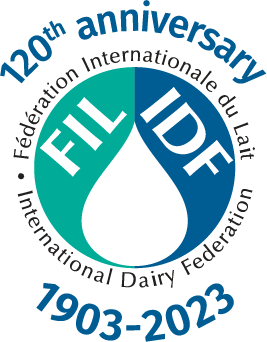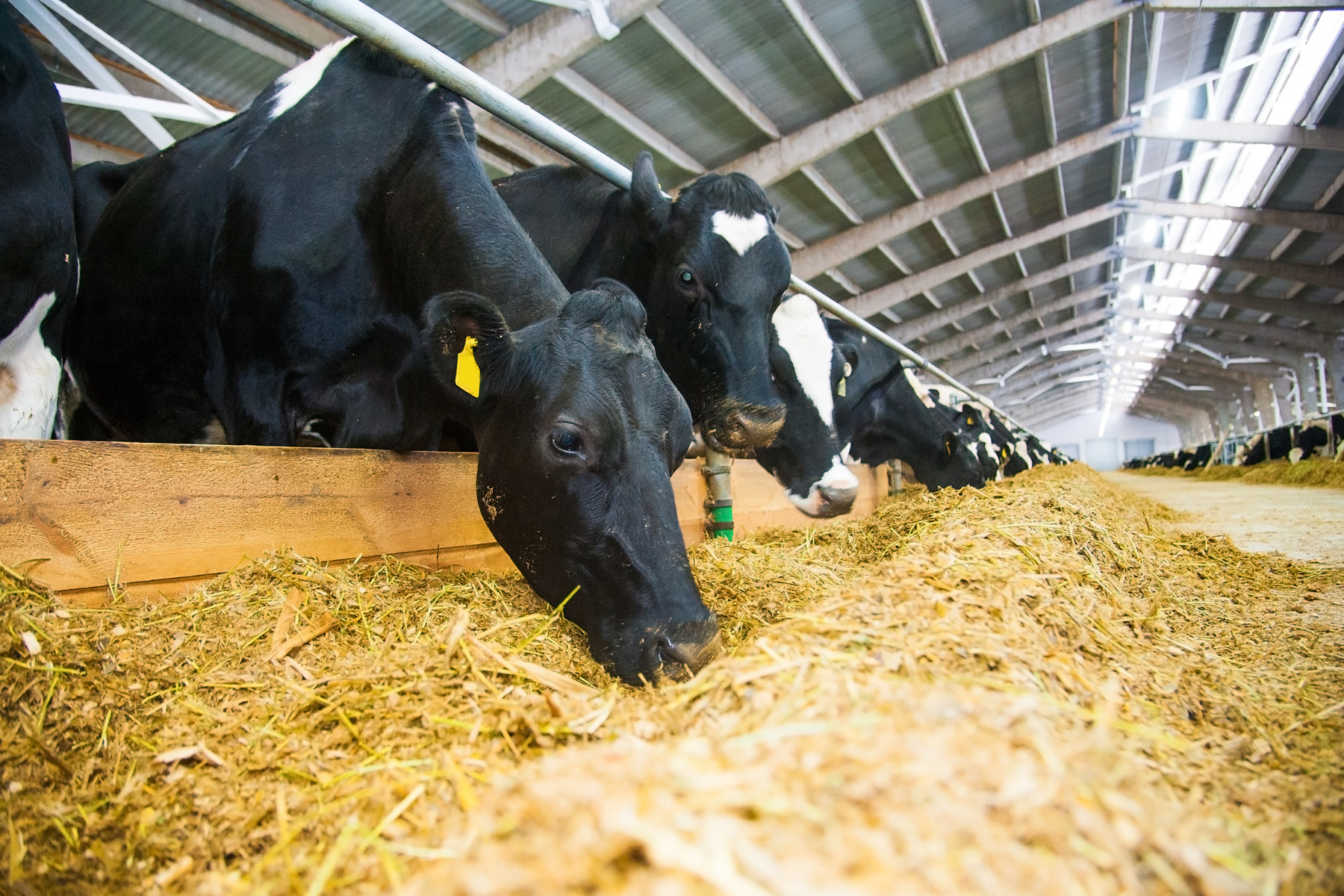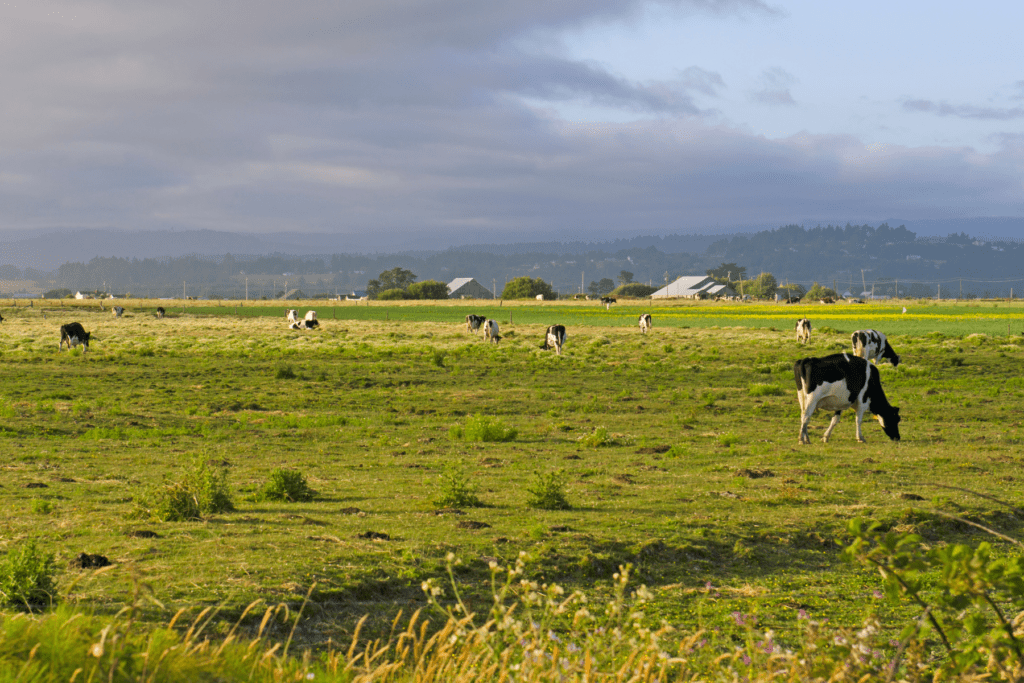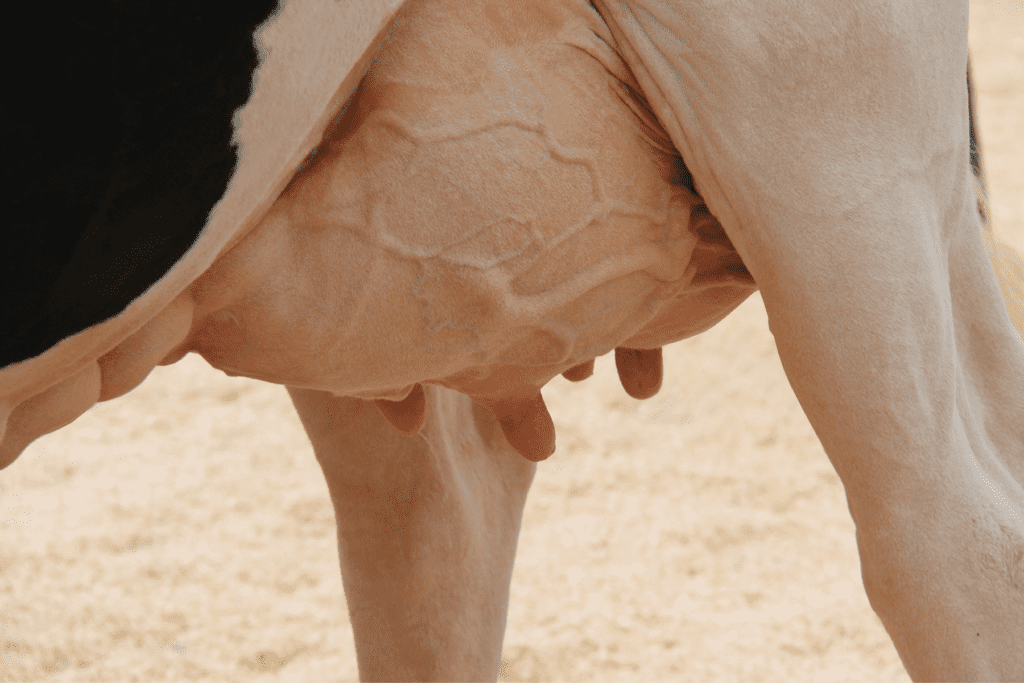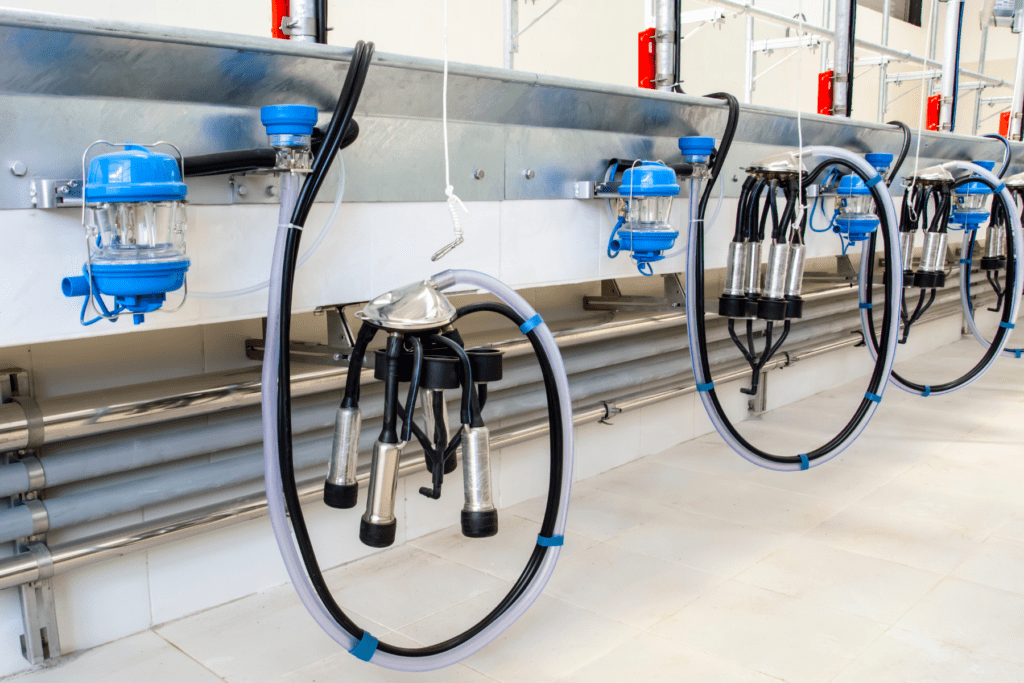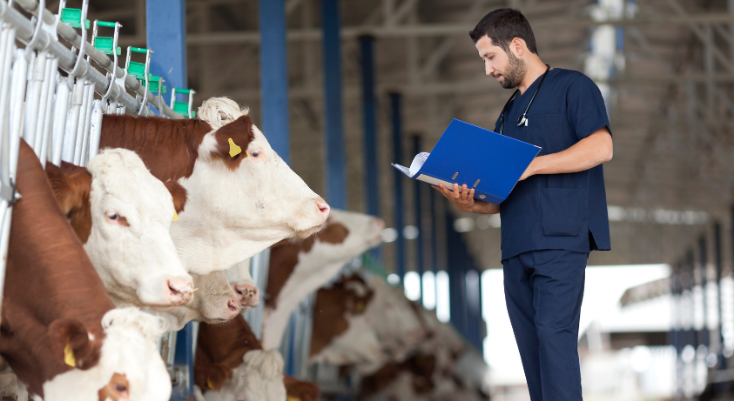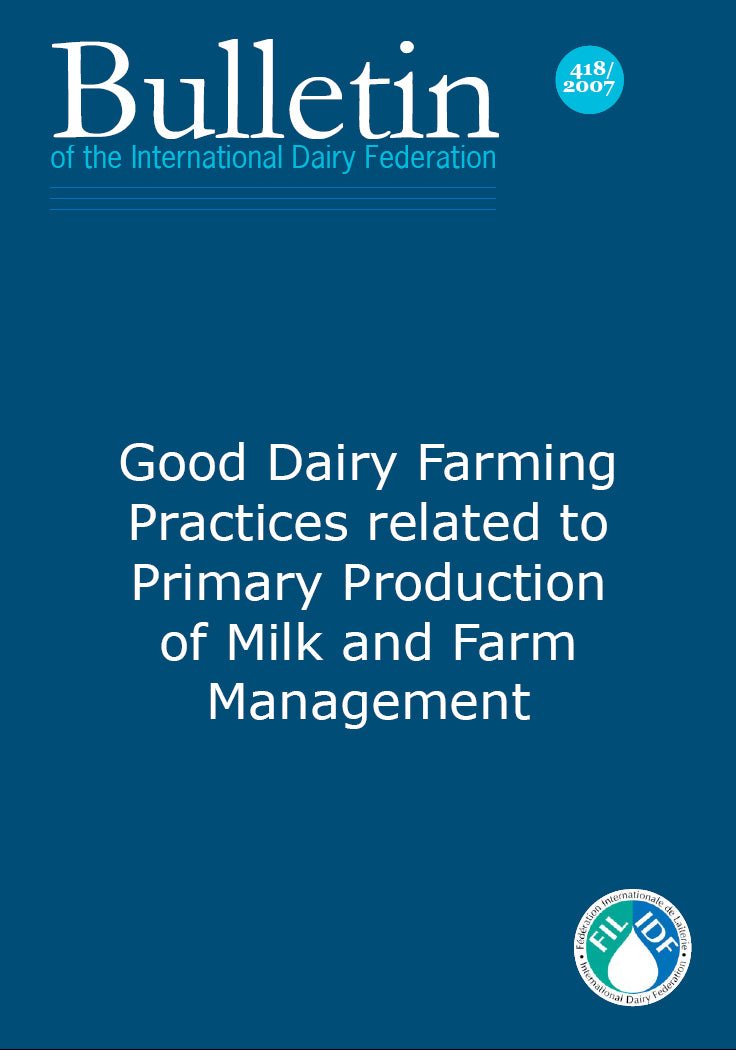On the 24 February 2021, IDF, in cooperation with the International Committee for Animal Recording (ICAR), hosted a virtual event looking at frameworks for animal welfare assessments. The webinar was attended by over 200 participants, and was moderated by David Kelton, from the University of Guelph who presented 4 panelist speakers.
The introduction begun with the first speaker, Leopoldo Stuardo from World Organization for Animal Health (OIE), who presented his organisation and their global animal welfare strategy, a vision where “the welfare of animals is respected, promoted and advanced, in ways that complement the pursuit of animal health, human wellbeing, socio-economic development and environmental sustainability”. Leopoldo also dived into the OIE’s strategy, breaking down the divided strategic pillars of OIE.
The webinar continued with the second panelist speaker, Sandrine Espeillac from ISO, who presented the organisations objectives which are to “develop an ISO tool that facilitates the implementation of Animal Welfare principles of the OIE code”, as well as presenting the work of and ISO on animal welfare, such as joint publications with OIE on the Terrestrial Animal Health Code. Sandrine also presented the launch of the ISO working animal welfare group, currently consisting of 130 members from 35 countries.
Third panelist Quincy Lissaur from SSAFE, a global non-profit who aim to promote human, plant and animal health referred to OIE’s five pillars and I
SO standards as good global animal welfare practices, and to develop markets to align and meet with these practices. Lessons can also be learned with food safety, from improving business performance, to independent benchmarking and good governance mechanisms that are crucial to establish equivalency and drive global acceptance of private accredited certification programmes. The presentation then concluded to look at the future of animal welfare. Considering important factors such as regional, economic, and cultural differences, and how they can have an impact on how good animal welfare practices are implemented.
Lastly, Johannes Frandsen from SEGES, alternatively looked at how to improve animal welfare and health through data as an alternative to of codes of practice. Johannes provided a graphic illustration of their innovation center, as well as presenting SEGES dairy management systems that registers data on health of cattle such as udder health and respiratory health of cattle, as well as mortality, looking deeper into the age groups and lactation period of cattle.
The panelists presentations had ended with an interactive Q and A between panelists and attendees.
To view the full webinar IDF/ICAR recording, click here
